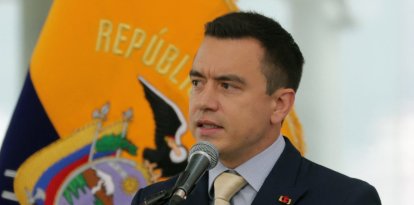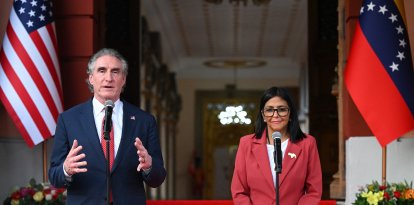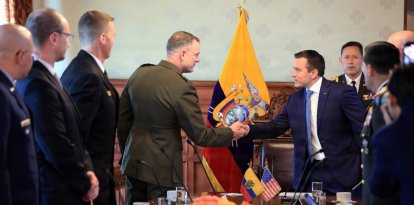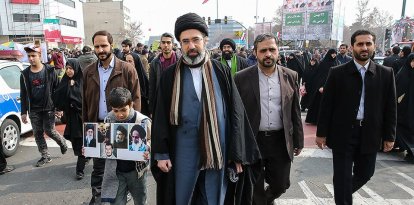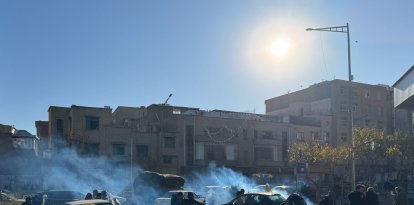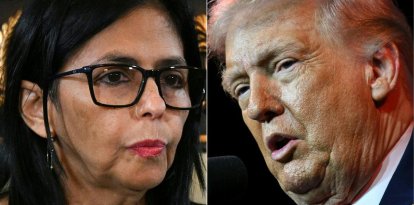Elections in South America: Uruguay heads to a second round and the right wing advances in Chile
Yamandú Orsi and Álvaro Delgado will dispute the presidency in Uruguay on November 24.
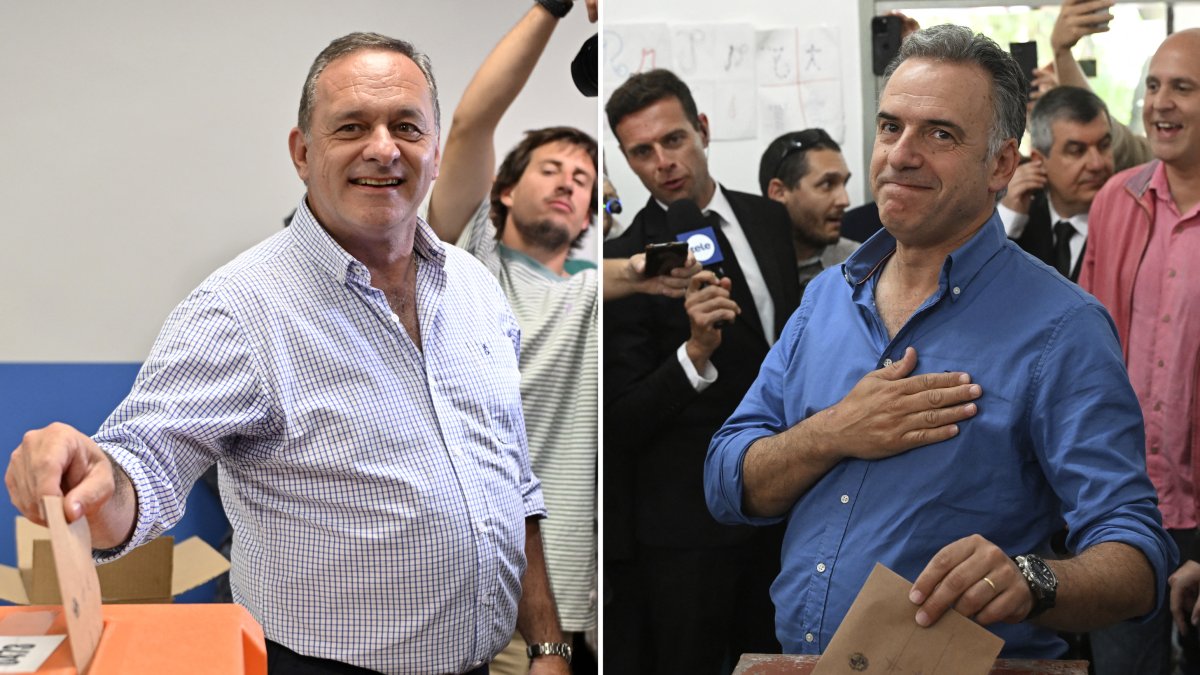
Yamandú Orsi and Álvaro Delgado will compete for the presidency of Uruguay/ Santiago Mazzarovich.
South America witnessed a busy election day on Sunday, October 27, particularly in Uruguay and Chile. In the Uruguay presidential elections were held resulting in an uncertain outcome, while in Chile the local right wing made gains in the regional elections.
In Uruguay it will be necessary to wait for a second round to know the winner. The leftist candidate, Yamandú Orsi, came first in voting intentions and will face the ruling center-right candidate, Álvaro Delgado, on November 24. The third place went to the outsider candidate of the Colorado Party, Andrés Ojeda.
According to Uruguayan electoral laws, a South American country of nearly 3.5 million people, if no candidate gets more than 50% of the vote in the first round, the top two vote-getters will advance to a runoff to determine the next president.
In this case, the two most voted were Orsi and Delgado. The former is the candidate of the Frente Amplio, a coalition of left and center-left parties, while the latter aspires to be the continuity of the current government of Luis Lacalle Pou, who cannot run for reelection because in Uruguay a president cannot serve more than four consecutive years.
According to official projections, Orsi would be the most voted candidate with 40% of the votes. Second place would go to Delgado with 29% of the votes, followed by the candidacy of the young Ojeda, with 17%.
"Uruguay said that the coalition is the most voted political project in our country. (...) We have the challenge of surpassing what we did (...) Today I divest myself of my party, of what I was, of what I am, to go up a step. I now represent a majority political project in the country that will govern," said Delgado once the results were known.
Local analysts agreed that the Frente Amplio expected a greater difference with the Partido Nacional and that the trend for the second round is uncertain. The results of the first round turn out to be very similar to those of the 2019 elections, where the Frente Amplio was also the most voted party and faced the Partido Nacional in a second round.
As for the Congress, the center-right coalition, Coalición Republicana, will maintain control of the House of Representatives and would keep fifteen out of thirty seats in the Senate.
Another of the most important issues of the election day in Uruguay was that of the referendum. Specifically, Uruguayans rejected the only initiatives that made it to election day: one to allow night raids and another to lower the retirement age to 60.
The advance of the right wing in Chile on the eve of the presidential elections
As for Chile, the right and the center-right managed to conquer some important territories one year before the presidential elections. Although they were divided, the parties opposing the government of Gabriel Boric got more votes at the national level than the different left-wing parties.
In total, Chileans elected 345 mayors, 16 governors, 2,256 councilors and 302 regional councilors.
It will be a little bit of a wait to know the results of the governorships, since 11 of the 16 contests will go to a second round, where it is expected that the opposition candidates will obtain better results than the pro-government candidates.
In turn, the right wing won in the capital of the country, Santiago de Chile, where candidate Mario Desbordes defeated Boric's candidate, Irací Hassler. Desbordes surpassed 50% of the votes against 28% for the current mayor.
"I am happy and proud. It is a beautiful challenge to lead this community, the capital of Chile," celebrated the mayor-elect and former minister of the government of Sebastián Piñera (2018-2022).















